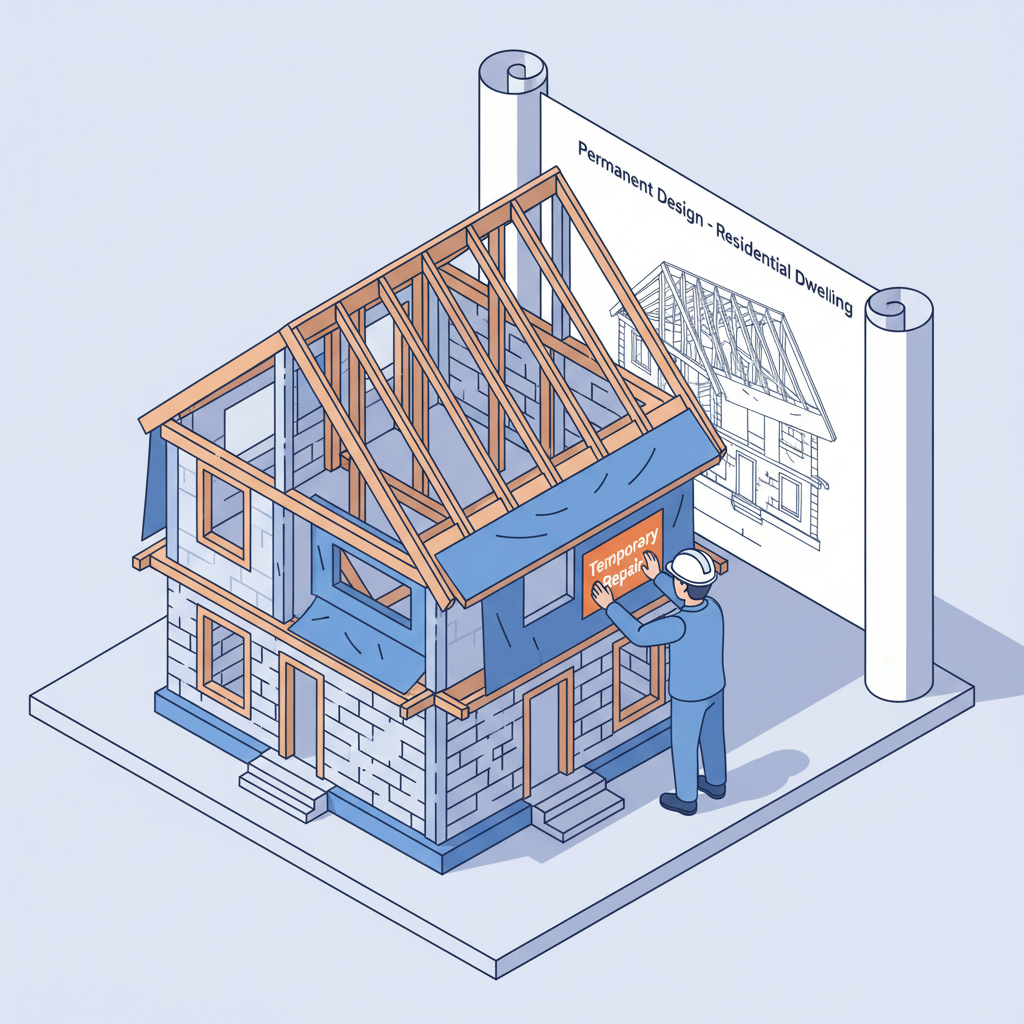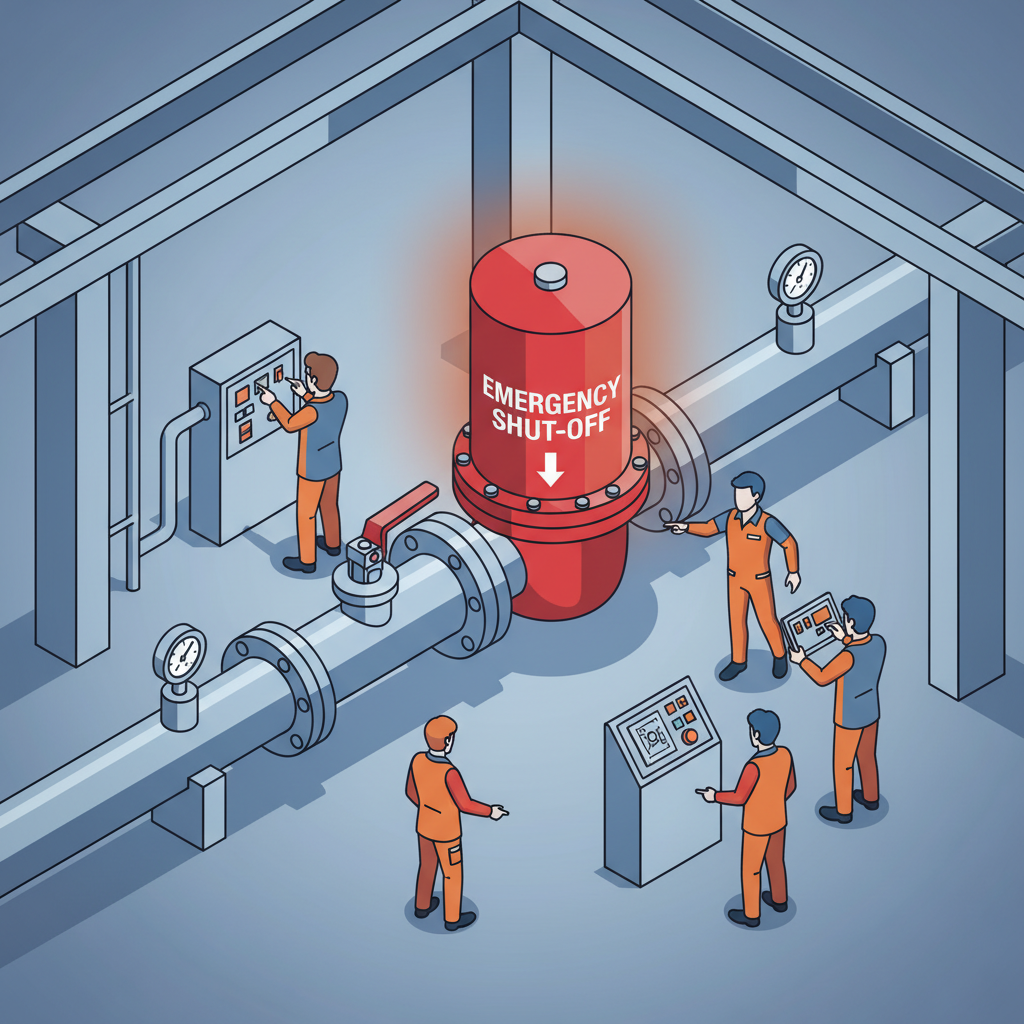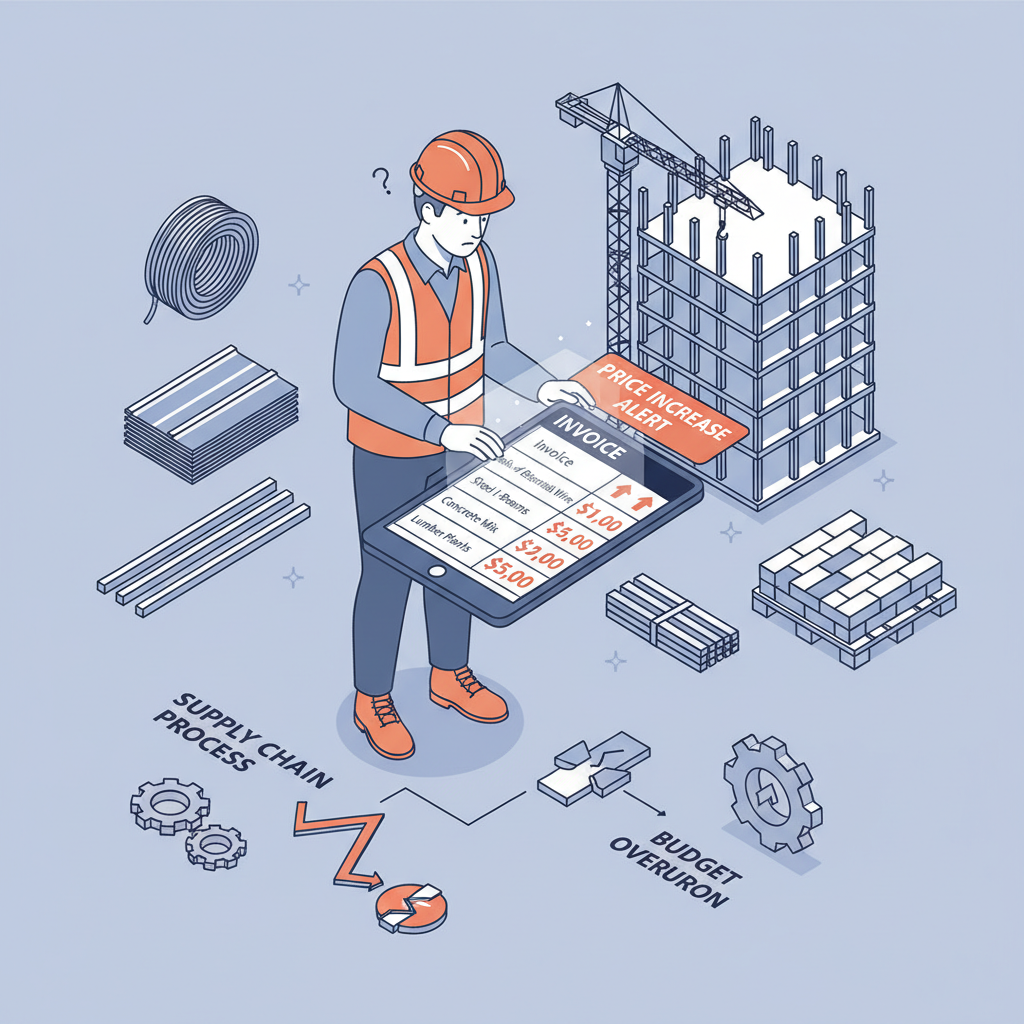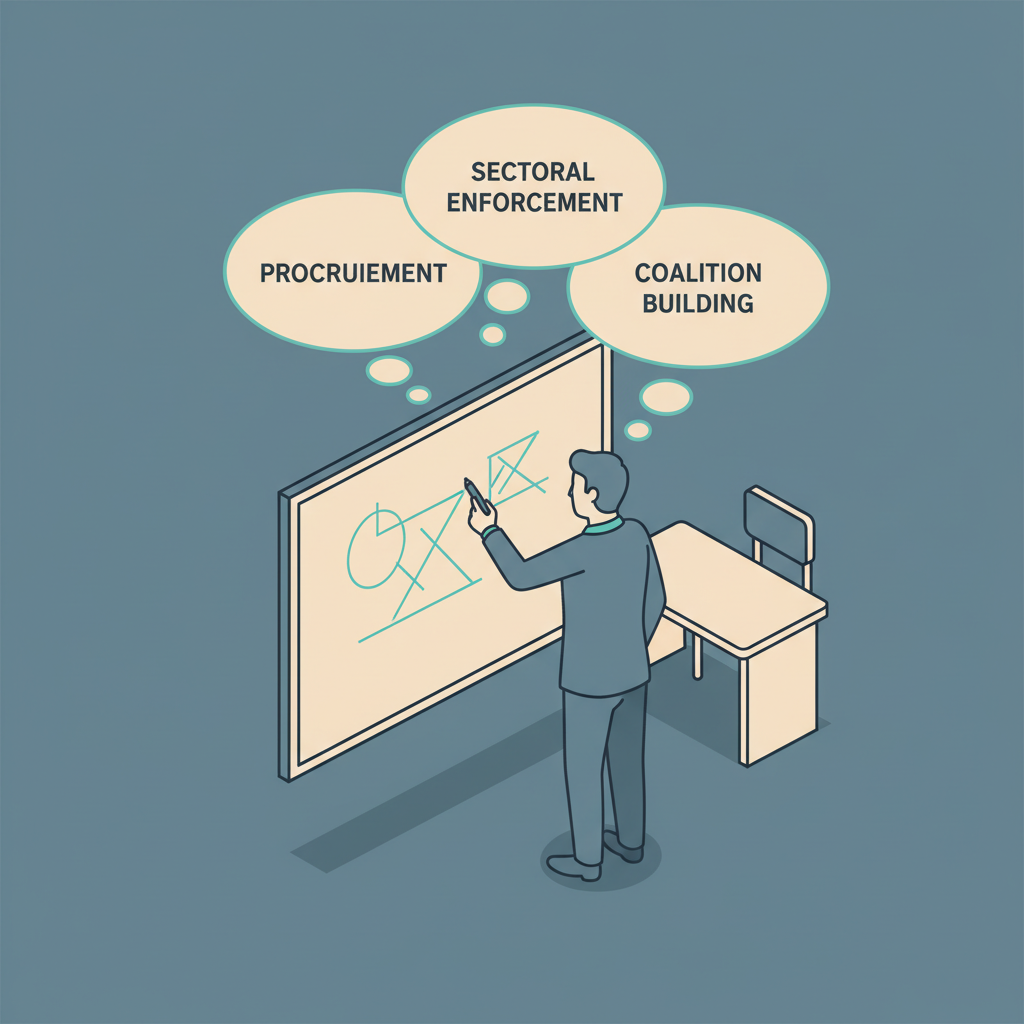When the Blueprint Doesn't Match the Job
The institutional damage runs deeper than trade policy.

Last month, after three hours of Supreme Court oral arguments, the bottom line is simple: Trump is trying to build a permanent structure with temporary permits. I've seen this trick before: someone wants to renovate the whole house but labels it emergency repairs to dodge the planning board. It tends to work at first, until the inspector shows up.
The International Emergency Economic Powers Act, or IEEPA if you are keeping track, is basically an emergency shut-off valve. Congress drafted it in 1977 for real crises: foreign threats and national security emergencies. It is the kind of tool you pull when you need to freeze assets or block transactions now, not six months from now after committee hearings. It is like having a main water shut-off in the basement; you do not use it for everyday pressure, you use it when a pipe bursts.
Trump's team has spotted a clever workaround. The statute says the president can regulate foreign commerce during emergencies. So they're arguing that trade imbalances with China are an emergency, that fentanyl from Mexico is an emergency, basically making everything an emergency. Then they slap tariffs on imports—not just targeted sanctions, but broad taxes on goods from our biggest trading partners. It's like using a sledgehammer to hang a picture frame.

The justices aren't buying it. Even the conservative ones are asking hard questions. Justice Gorsuch pointed out that the law talks about licenses, not tariffs. Justice Barrett is pushing on whether Congress really meant to hand over its constitutional power to tax through some vague language about regulating commerce. You can hear it in the transcript; they know this doesn't pass the smell test.
Here is what this means for real businesses: these tariffs are adding about $1.7 trillion in new costs over the next decade, according to the Tax Foundation. That’s not campaign rhetoric. It’s real money moving through supply chains, ending up on invoices and paid by contractors. I’ve spoken with electrical contractors who say wire costs have jumped about 25 percent. Steel prices are through the roof. Try explaining to a client why their project went over budget because somebody in Washington decided trade deficits are suddenly an emergency.
The government's lawyer, General Sauer, keeps arguing that if the Court sides against these tariffs, national security will suffer a catastrophe. But that frame is backwards. The real crisis would be using emergency powers for routine policy. It’s like pulling the fire alarm every time you want people to leave the building; eventually, no one pays attention anymore.
Take a closer look at what's really going on. No president before this one, not Reagan, not Clinton, not Obama, ever used IEEPA to impose tariffs. Forty-eight years this law has stood on the books, and suddenly we find out it carries a secret tariff authority all along? Please. That's like discovering a clause in a subcontract that lets you charge double after the job is done. Any judge would laugh you out of court.

The administration says they've negotiated trillions of dollars in trade deals using these tariffs as leverage. Maybe they have. But you know what? I've seen plenty of contractors snag quick results by cutting corners too. That isn't right, and it certainly isn't legal. If you want to renegotiate trade deals, fine, go to Congress and get actual authorization. Do the work.
This case is really about institutional rot. When Congress writes emergency statutes, they're creating escape hatches for real crises. But leaders on both sides keep treating those escape routes as the default path. It's like a foreman who only knows how to rush jobs. Everything's an emergency, every step skips the normal checks, nothing goes through proper channels. Before you know it, the whole operation falls apart because chaos has become the norm.
The impact on business is immediate and obvious, but the damage to the Constitution runs deeper. Each time an executive widens emergency powers, the whole system is weakened. Congress grows lazy because the president can declare an emergency at the drop of a hat. Courts end up bogged down as they try to police these power grabs. And meanwhile, companies can't plan reliably, since next month someone might declare your supply chain a national security threat.

What really bothers me is the dishonesty in all of this. If you think tariffs are needed to protect American workers or to rebalance trade, then make that case. Pass a bill. Have the debate. But don't sneak it through the back door using emergency powers that are meant for real crises. It's like a subcontractor who agrees to one price, then cites 'unexpected conditions' to jack up the rate. We all know what you're up to.
The Court faces a straightforward choice. It can let presidents turn IEEPA into a universal trade weapon, effectively sidelining Congress from tariff decisions. Or it can read the statute for what it is: an emergency tool meant for real crises, not a permanent shortcut around the legislative process.
From the oral arguments, I’d bet they’ll pick the second option. The skepticism was sharp, the questions pointed. Even justices who usually defer to executive power looked uneasy about this reach. But here’s the thing: even if the Court strikes down these tariffs, the damage is done. We’ve normalized using emergency declarations for routine governance. That’s a foundational problem, not a surface crack.
Fixing this will take more than a court ruling. Congress must grow a spine and reclaim its authority over trade and taxes. They need to write clearer statutes that leave little room for interpretation. No more vague language about regulating commerce that presidents can stretch into tariff authority. Be specific, set clear boundaries, and do your job.

Executives, both today and in the future, should stop treating emergency powers as their personal toolbox. They're not just convenient features. They're break-glass provisions meant for real crises. Every time they're used for ordinary policy goals, we weaken the system for when emergency authority is really needed.
The Supreme Court can't fix our entire governance system, but it can stop this particular abuse. It can review IEEPA and these tariffs and say, as any competent inspector would, that this isn't what this permit allows. Then, maybe, just maybe, we can start rebuilding proper institutional boundaries.
Right now, we're operating without approved plans, using emergency permits for permanent construction, and wondering why the structure keeps failing inspection. Any foreman worth his salt could tell you how this ends. The question is whether anyone in Washington is willing to go back and do the job right.




Comments ()